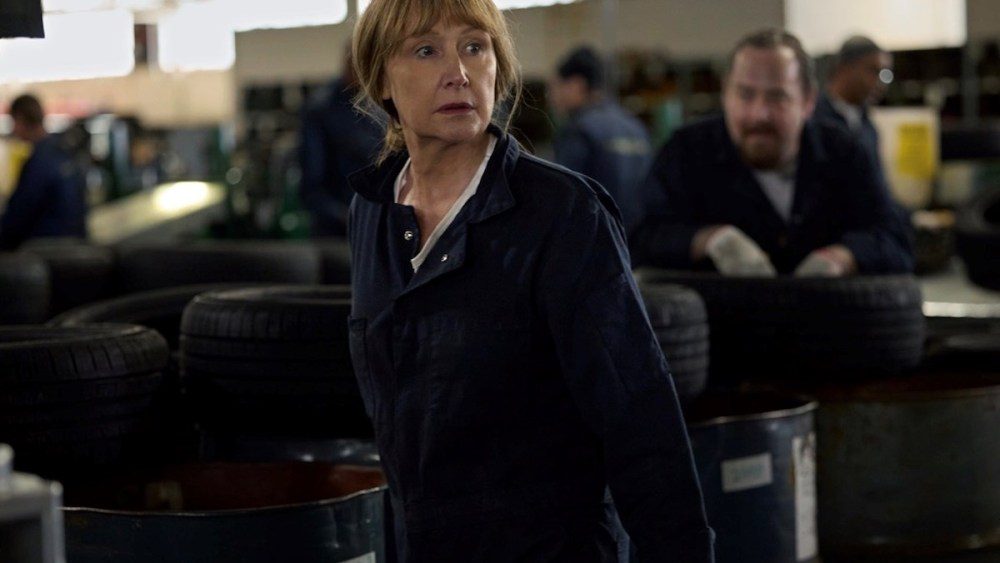‘Lily’: A Powerful Examination of Gender Equality and Whistleblowing
Patricia Clarkson delivers a compelling performance in “Lily,” a film centered on the life of Lily Ledbetter, a pivotal figure in the fight for gender pay equality. The film, released recently, is a whistleblower drama that illustrates Ledbetter’s journey from a factory supervisor to a symbol of resilience against workplace discrimination.
Background on Lily Ledbetter
Lily Ledbetter began her career in 1979 at the Goodyear Tire & Rubber Company, where she worked her way up the corporate ladder despite facing significant challenges as a woman in a male-dominated field. After nearly 20 years, she discovered that she was earning significantly less than her male counterparts, which prompted her to take action against the injustices she faced.
The Character of Lily
The character reflects a blend of determination and vulnerability. Clarkson portrays Lily with authenticity, capturing her strength while also showcasing her hesitance as someone unaccustomed to fighting against systemic biases. The performance emphasizes both her scrappy nature and the realism of her situation, making Lily relatable to a wide audience.
Whistleblower Films and Their Legacy
Historically, whistleblower films, such as “The Insider” and “Erin Brockovich,” often feature protagonists who evolve into larger-than-life characters. “Lily” diverges from this narrative by focusing on the genuine struggles of an ordinary woman who rises to confront inequality rather than being painted as an iconic hero. Clarkson effectively grounds the character, making her represent the everyday battles faced by many.
The Journey to Justice
As Lily uncovers the wage discrepancies, she initially faces resistance from legal avenues, with her claims dismissed at first. It takes the persistent efforts of a local lawyer, John Goldfarb, to propel her case into the courtroom. The film encapsulates critical moments of triumph and setback, illustrating the complex nature of pursuing justice within a flawed system.
Contemporary Relevance and Systemic Challenges
“Lily” serves as a commentary on the ongoing challenges around gender equality, with the film highlighting bureaucratic obstacles that whistleblowers confront today. Despite winning her case, Ledbetter’s story is ultimately reflective of broader systemic issues lingering in the workplace, including corporate politics and the struggle for legal recognition of gender discrimination.
Personal Struggles and Their Impact
The film also delves into Lily’s personal life, examining the strains on her family as she grapples with the implications of her advocacy. Clarkson’s portrayal underscores the emotional toll of these struggles, presenting Lily as a multi-faceted individual rather than a one-dimensional activist. The narrative reveals how personal difficulties, such as her husband’s health issues and familial strains, complicate her journey toward activism.
Conclusion
“Lily” is not just a biographical depiction but a larger commentary on the need for equitable treatment in the workplace. As it culminates in the passage of the Lily Ledbetter Fair Pay Act in 2009, the film resonates with contemporary audiences grappling with persistent inequalities. Clarkson’s nuanced performance highlights the power of ordinary individuals in effecting change, reminding viewers that the pursuit of justice often begins with a single voice advocating for fairness.


